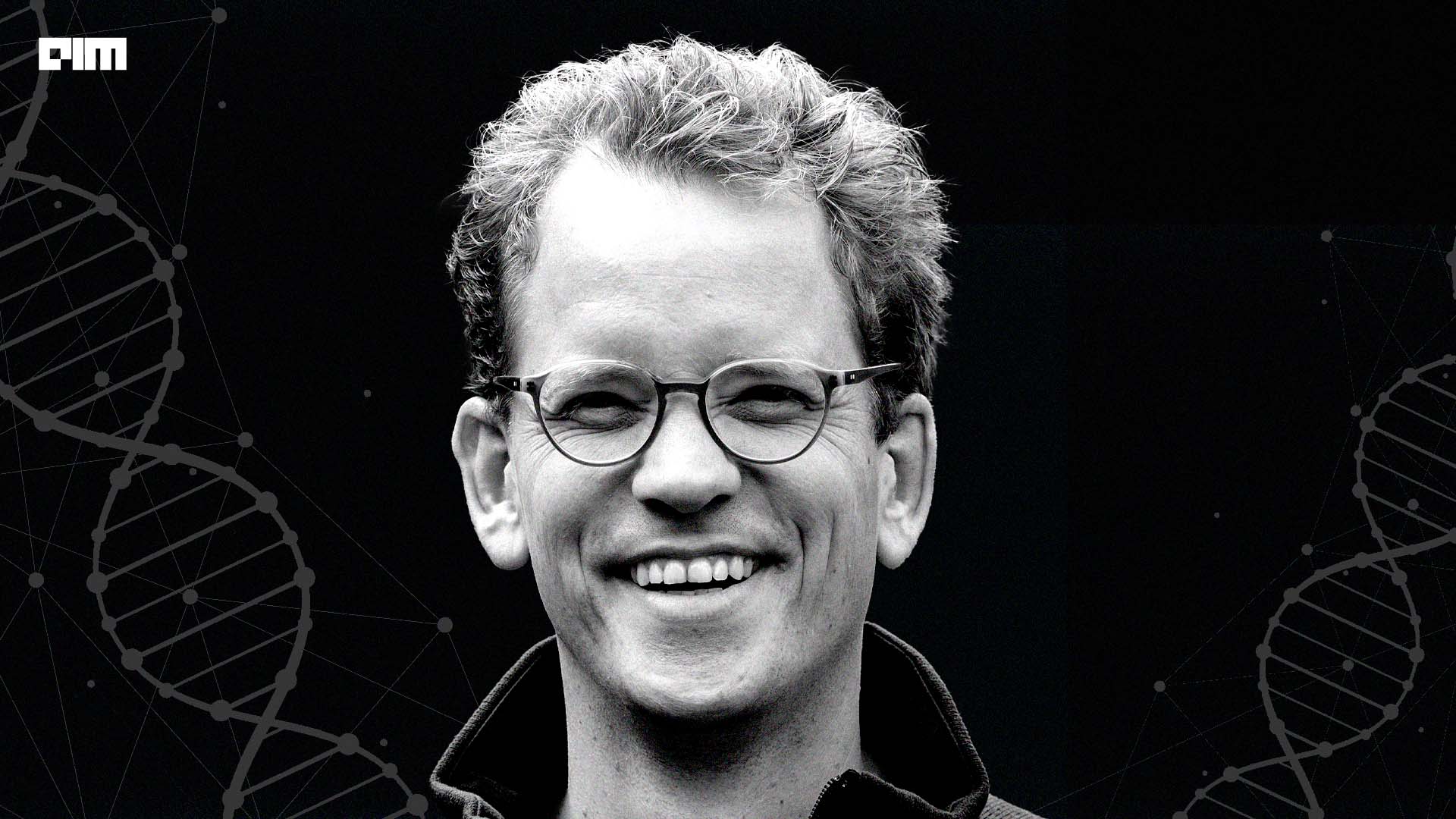
Amsterdam-based Cradle, an AI-powered platform revolutionising protein engineering, has secured $73 million in Series B funding to meet growing demand in research-intensive industries. Led by IVP with participation from Index Ventures and Kindred Capital, the latest round brings Cradle’s total funding to over $100 million.
Cradle leverages AI to help scientists design and engineer proteins faster and in a cost-effective manner.
The AI startup focuses on engineering protein modalities such as enzymes, vaccines, peptides, and antibodies with the help of generative AI. Cradle focuses on engineering protein modalities such as enzymes, vaccines, peptides, and antibodies with the help of generative AI.
The latest investment will support Cradle’s mission to enable scientists to engineer proteins more efficiently, addressing challenges across therapeutics, diagnostics, food, chemicals, and agriculture. Industry leaders such as Novo Nordisk and Johnson & Johnson are already leveraging Cradle’s generative AI platform to accelerate innovation.
“A lot of the work that companies like Google, Facebook and others are doing is more in machine learning research and development. They’re not trying to build tools that help biologists use these types of methods in a sort of easy fashion,” said co-founder and CEO Stef Van Grieken, in an earlier interaction with AIM.
Protein Engineering with GenAI
Proteins, essential to products ranging from drugs to food, are at the core of Cradle’s vision for sustainable and impactful solutions. Engineering these molecular “machines” can create groundbreaking innovations, such as eco-friendly pesticides, animal-free foods, and advanced therapeutics.
However, traditional protein engineering methods are costly and time-consuming, often requiring years of research and millions of dollars with no guaranteed success.
Cradle claims to transform this landscape by dramatically reducing the number of experimental rounds needed for protein development. For instance, one customer accelerated the activity of the P450 enzyme fourfold in just three experimental rounds, compared to the usual ten.
“Over the past two years, our own research and our collaborations with partners have proven that this technology can deliver remarkable results across a range of applications, from developing new vaccines and sustainable chemicals to novel diagnostics and agricultural crop protection. Our goal is now to put Cradle’s software into the hands of a million scientists and empower them to build great products,” said Grieken.
Cradle Team
Cradle’s generative protein language model is trained on billions of sequences and refined with proprietary datasets. This iterative approach allows the AI to improve predictions with each round of experimentation, saving both time and resources while significantly boosting project success rates.
Unlike AlphaFold, which predicts protein structures, Cradle’s generative models design protein sequences tailored to desired functions and properties. These advancements make Cradle’s platform adaptable for diverse applications, including enzymes, antibodies, vaccines, and bio-based materials.
Alex Lim, general partner at IVP, emphasized Cradle’s transformative role. “ Given the costs associated with drug discovery or similar fields of research, any efficiencies at the R&D stage will translate to both major financial returns for customers and significant real-world benefits for humanity.”
The post Biotech Startup Cradle Raises $73 Million to Boost Protein Engineering appeared first on Analytics India Magazine.